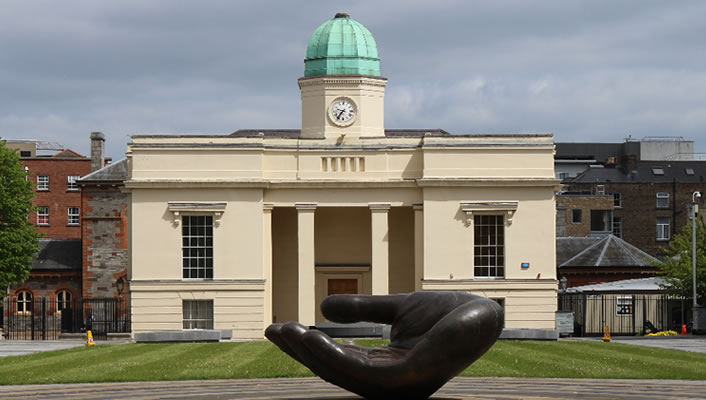The higher education and research sector has failed to make the case for governments to adequately invest in it, according to comments made at a meeting of the British Irish Chamber of Commerce by the organisation’s official patron, businessman Niall Fitzgerald.
This is the second of these conferences, named ‘The UK-Ireland Higher Education and Research Partnership: The Next Steps’. The conferences are held annually, to discuss the future relationship between higher education and research sectors of both the UK and Ireland.
Fitzgerald told the conference: “Clearly, we need to face the fact our sector has simply not convinced successive governments of the business case for investment at an adequate level. There is no point in saying the same thing over and over in our story is not having the desired effect… Part of your challenge here today may therefore be to consider how that story has to become more persuasive”.
New policy mechanisms were proposed, such as the creation of a UK-Ireland bilateral research stream, and a North-South academic corridor.
This year’s conference was attended by over 150 policymakers, educators, and researchers from both countries.
The chamber also discussed Ireland’s capability of becoming a global research centre post-Brexit, and thus urged Irish policymakers to pursue closer ties with universities in the UK.
Fitzgerald, announced £100 million to bring world leaders in research (including those from Ireland) to UK universities. This grant was awarded by the Leverhulme Trust.
Fitzgerald further announced that the funding would cover 20 joint posts in these universities, each of which will have a £5 million investment. He stated:
“Today’s discussions give unique opportunities to demonstrate clearly the vital role of our higher education and research sector on both islands, and to make the case to the government and to industry for much greater commitment to its future sustainability”






